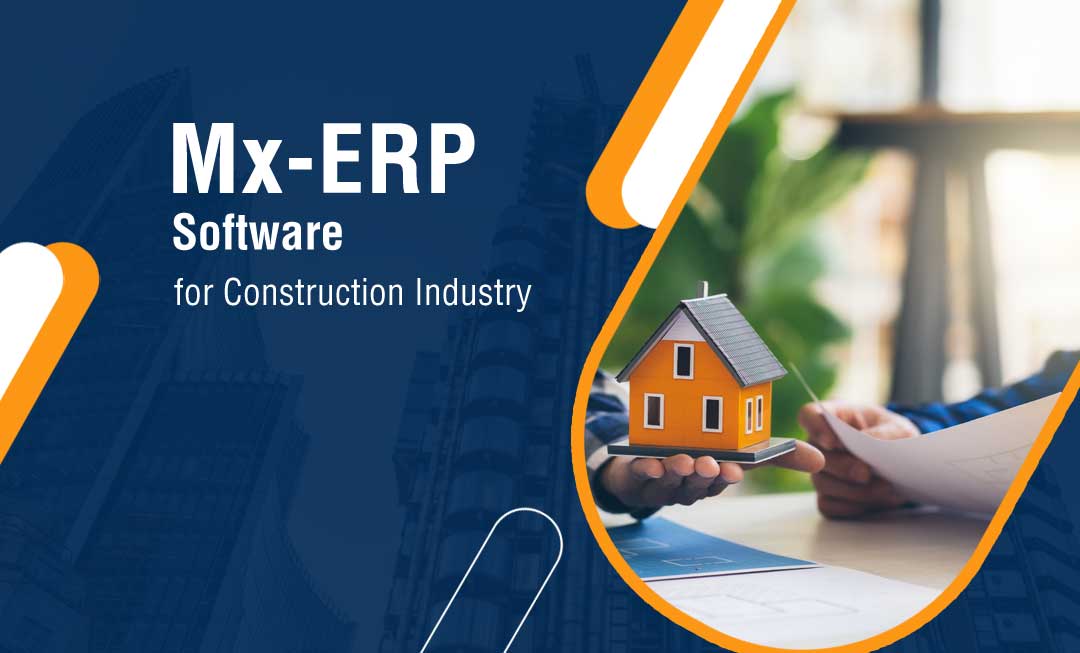In the ever-evolving world of construction, efficiency, accuracy, and seamless project management are key components that determine the success of any project. With the advent of technology, the construction industry is undergoing a significant transformation, and at the forefront of this change is Construction ERP (Enterprise Resource Planning) software. This article dives into the revolutionary impact of Construction ERP software on the construction industry, exploring its benefits, implementation, and future prospects.
Introduction
Construction ERP software has emerged as a game-changer in an industry that demands precision, coordination, and adaptability. As projects become more complex, traditional methods of management struggle to keep up. Construction ERP steps in to address these challenges by providing a comprehensive and integrated platform that centralizes operations, communication, and data analysis.
Understanding Construction ERP Software
At its core, Construction ERP software is a suite of applications designed to manage various aspects of construction projects. This includes project planning, resource allocation, cost estimation, procurement, scheduling, and more. Unlike standalone software, ERP integrates these functions into a single system, fostering collaboration and reducing redundancy.
Streamlining Project Management
One of the most significant benefits of ERP software is streamlined project management. From initial design to project completion, every phase is interconnected and easily trackable. Project managers can allocate resources, set milestones, and monitor progress, all within a unified dashboard.
Enhanced Communication and Collaboration
Communication breakdowns can lead to costly delays and errors in construction. ERP software acts as a communication hub, connecting all stakeholders – architects, engineers, contractors, and clients. Real-time updates and centralized information ensure that everyone is on the same page.
Real-time Data and Analytics
Data-driven decision-making is vital in construction. ERP software provides real-time insights into project performance, allowing managers to make informed choices. Analytics help in identifying bottlenecks, optimizing resource allocation, and predicting potential issues.
Cost Control and Financial Management
Construction projects are notorious for cost overruns. ERP software enables accurate cost estimation, tracks expenses, and manages budgets effectively. This prevents financial surprises and ensures projects stay within financial limits.
Resource Optimization
Optimal resource utilization is crucial for timely project completion. ERP software helps manage labor, equipment, and materials efficiently, reducing wastage and increasing productivity.
Mitigating Risks
Risk management is an integral part of construction. ERP software aids in identifying and assessing risks, allowing proactive measures to mitigate potential disruptions.
Mobile Accessibility
Modern construction teams are often on the move. Construction ERP software offers mobile compatibility, enabling team members to access critical information, updates, and tasks from anywhere.
Integration of BIM and ERP
Building Information Modeling (BIM) and ERP integration offer a comprehensive view of projects. BIM provides visual insights, while ERP manages the operational and financial aspects, resulting in holistic project management.
Challenges in Implementation
While the benefits are significant, implementing Construction ERP software can be challenging. Resistance to change, technical complexities, and data migration require careful planning and expertise.
Selecting the Right ERP Solution
Choosing the appropriate ERP solution is vital. Factors such as scalability, customization, industry-specific features, and vendor support should guide the decision-making process.
Future Trends in Construction ERP
The future of Construction ERP software holds exciting possibilities. AI-driven insights, predictive analytics, and IoT integration are expected to further enhance efficiency and decision-making.
Conclusion
Construction ERP software is undeniably reshaping the construction industry. By integrating diverse functions, providing real-time data, and fostering collaboration, it empowers construction professionals to achieve higher levels of efficiency and success. Embracing this technology is no longer an option but a necessity for those aiming to thrive in the dynamic landscape of construction.

